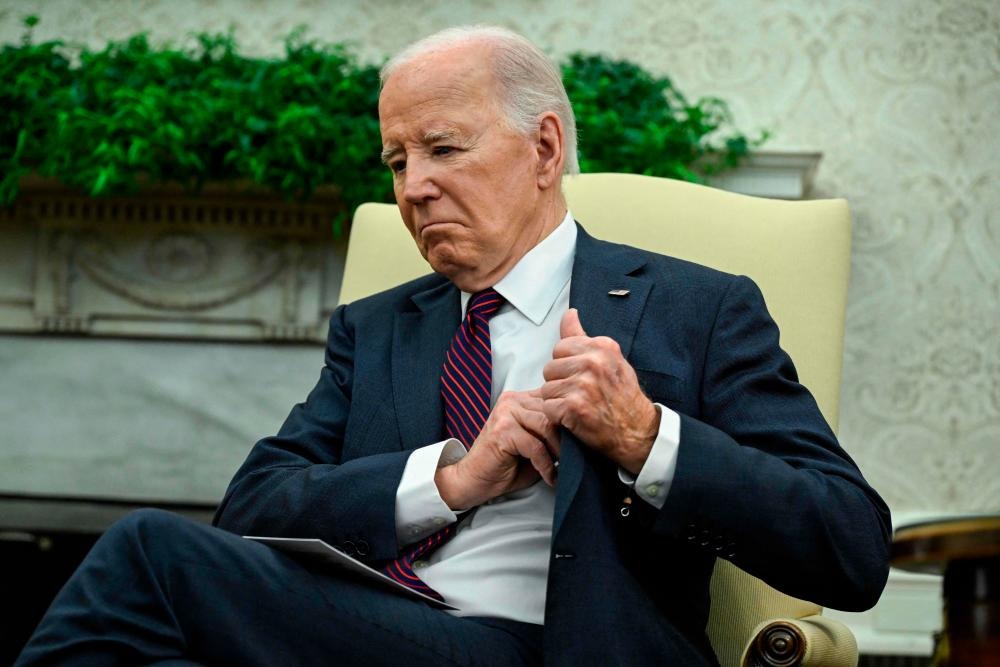The recent collapse of the Francis Scott Key Bridge in Baltimore serves as a stark reminder of our reliance on transportation infrastructure and the potential consequences of its failure.
This highlights the need for diverse transportation options, especially given the rising costs of flying, which disproportionately affect working-class Americans in smaller cities.
One such city feeling the pinch is Myrtle Beach, South Carolina, where limited flight options make travel expensive and inconvenient. While Allegiant Airlines’ expansion of nonstop flights from Myrtle Beach International Airport is a step forward, the lack of direct international flights remains a challenge for many travelers.

To address this issue, joint ventures between ultra-low-cost carriers could provide a solution by fostering competition and expanding accessibility. However, these ventures have been suspended due to concerns about monopolistic behavior in the airline industry.
The Biden administration’s decision to suspend these joint ventures, citing broader geopolitical issues, has drawn criticism for exacerbating monopolistic trends rather than addressing them. By approving these ventures, the administration could increase competition, lower fares, and provide more nonstop options for travelers.
Transportation Secretary Pete Buttigieg understands the importance of improving air travel accessibility and fostering economic and cultural ties between countries.

Approving joint ventures between low-cost carriers would not only benefit consumers but also strengthen bilateral relationships with countries worldwide.
By prioritizing consumer interests and demonstrating a commitment to fostering competition and accessibility in the airline industry, the Biden administration can make a meaningful impact on air travel and international relations.

